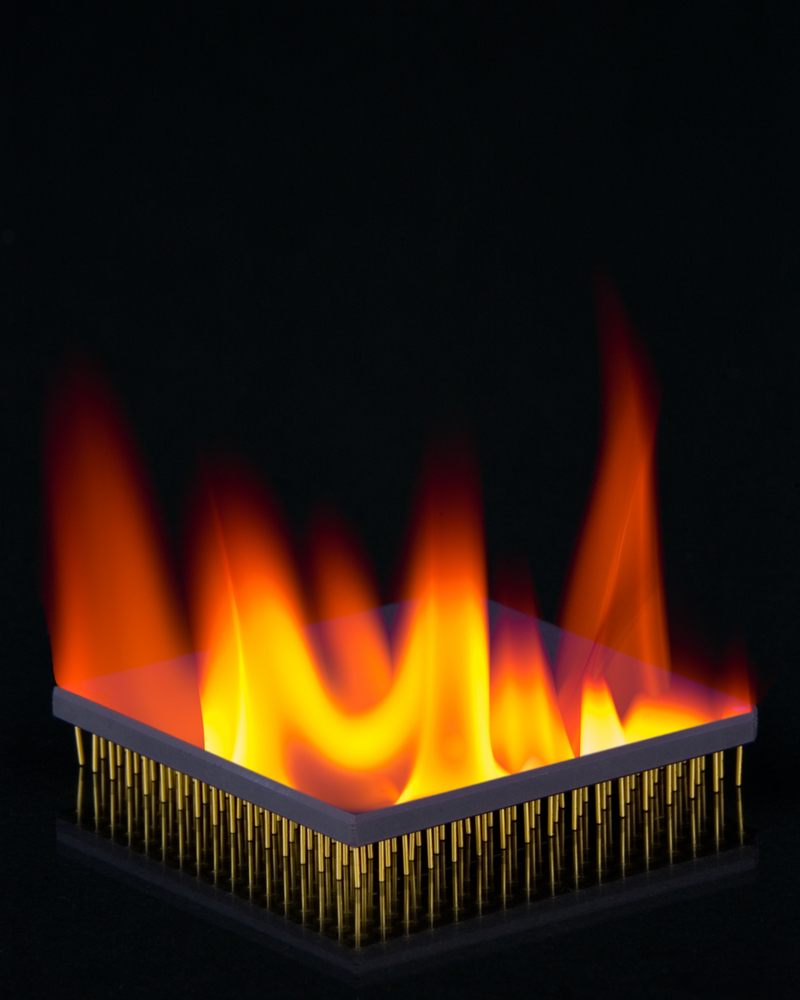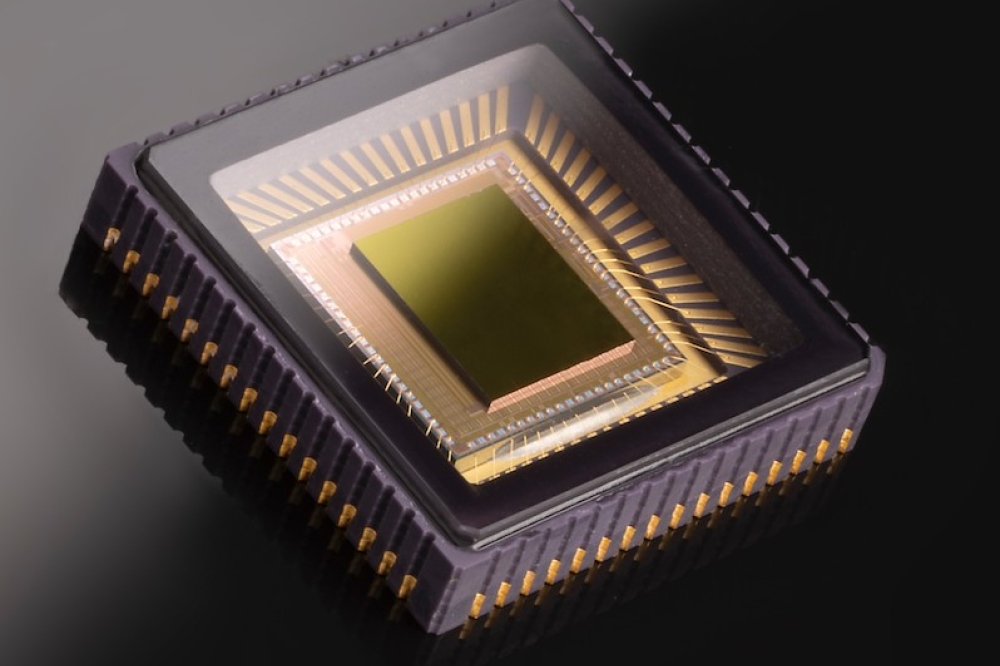PowerAmerica Webinar on WBG Electronics and Thermal Management

NREL's Gilbert Moreno to present online seminar on innovative thermal management solutions and Gallium Oxide research
Gilbert Moreno, senior engineer at the US National Renewable Energy Laboratory (NREL), will speak on Wednesday Nov. 6 (12 pm to 1 pm EDT) about the research he is doing through PowerAmerica on Wide Bandgap Power Electronics and Thermal Management.
The 2017 Electrical and Electronics Technical Team (EETT) Roadmap proposes aggressive research and development targets aimed at improving power electronics technology to enable the mass market penetration of electric-drive vehicles. Achieving these aggressive targets will require a decrease in cost (year 2025 cost target: $2.70/kW) and an increase in power density (year 2025 power density target: 100 kW/L) as compared with current on-road technology.
Replacing traditional silicon device-based components with more efficient and higher temperature wide-bandgap (WBG) semiconductor device-based components will enable increasing the power density. However, meeting the power density target will also require innovative thermal management solutions to increase the heat fluxes dissipated and allow for compact electronics packaging.
Moreno's presentation will describe a new method to cool automotive power electronics-via dielectric fluid single-phase heat transfer. In this presentation, the performance of the dielectric fluid strategy is compared to current waterethylene glycol technology. He will also present a brief overview of NREL’s gallium oxide device research.
Gilbert Moreno is a senior engineer at the National Renewable Energy Laboratory (NREL) where he conducts research into the thermal management of automotive power electronics. He has worked at NREL for over 10 years developing advanced cooling technologies for various DOE and industry funded projects. Gilbert received his BSc in Mechanical Engineering from the University of Texas at El Paso (2001) and his M.S. (2005) and PhD (2009) in Mechanical Engineering from the University of Texas at Arlington.


































